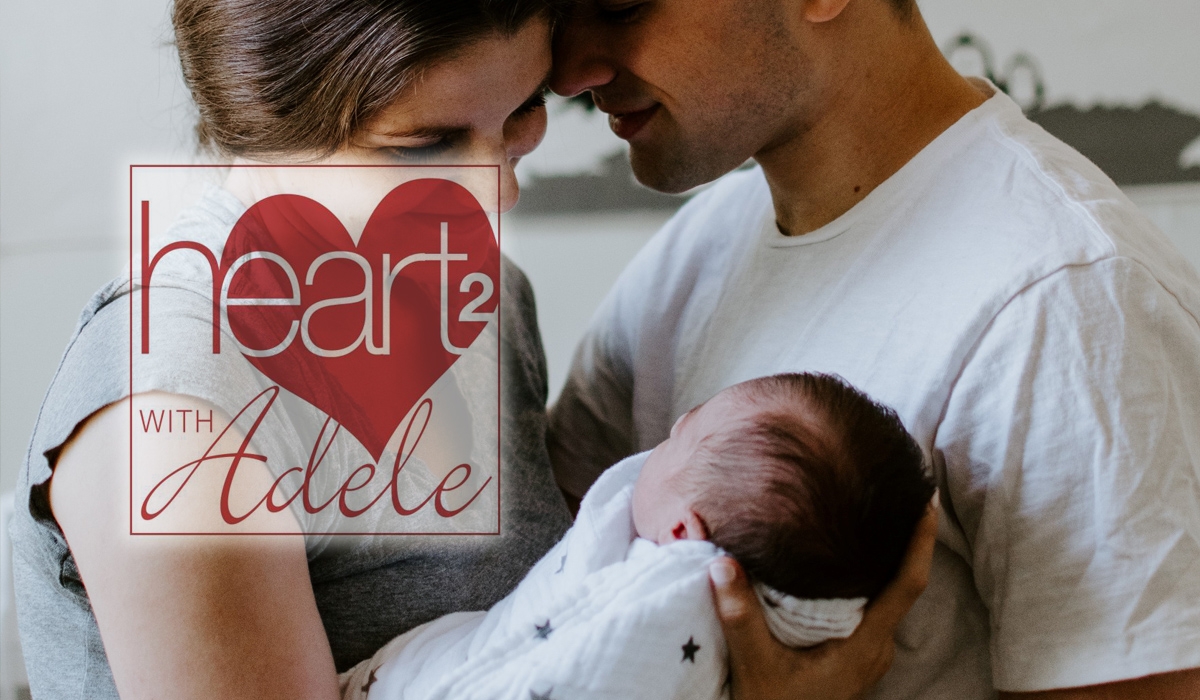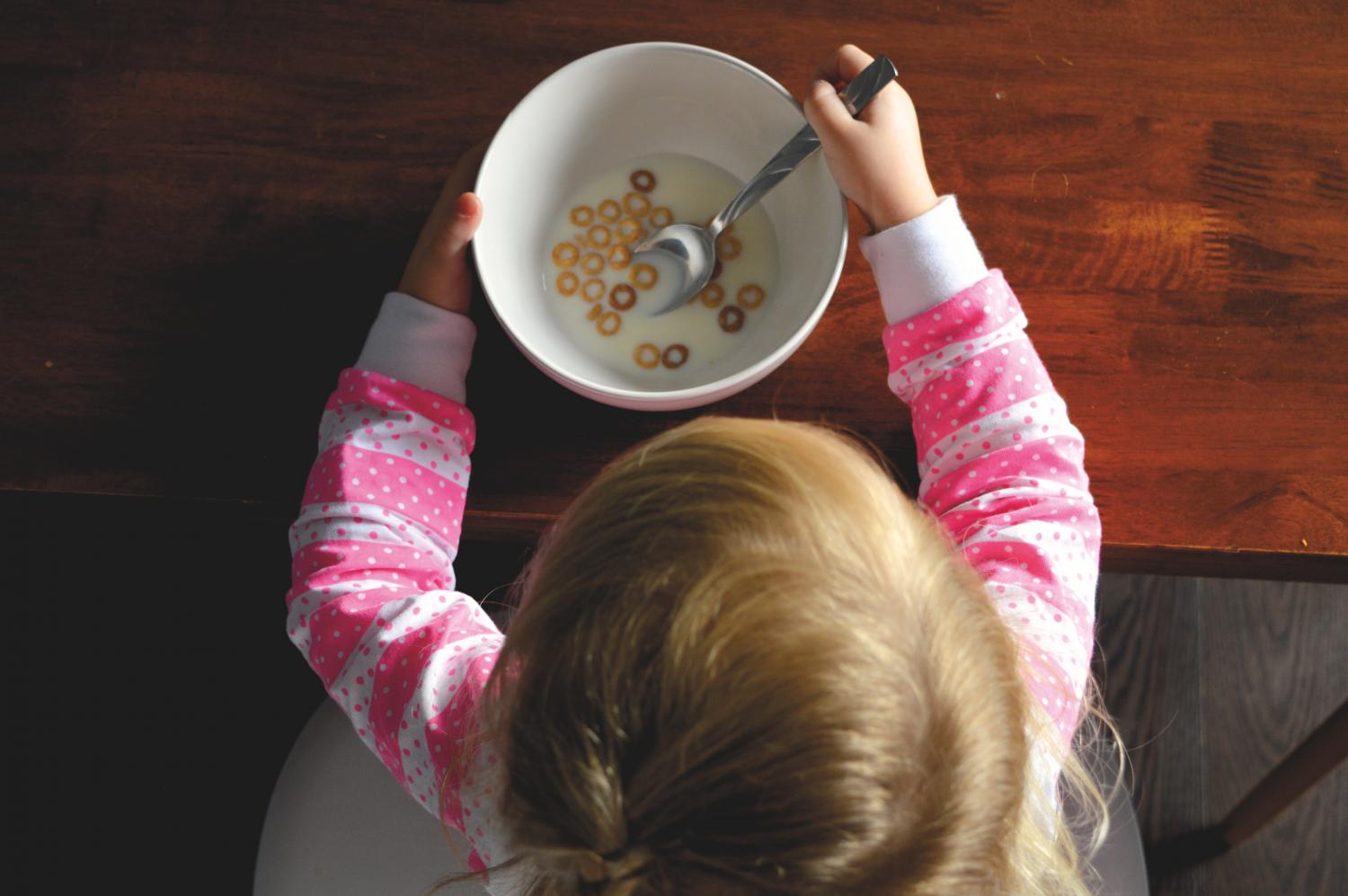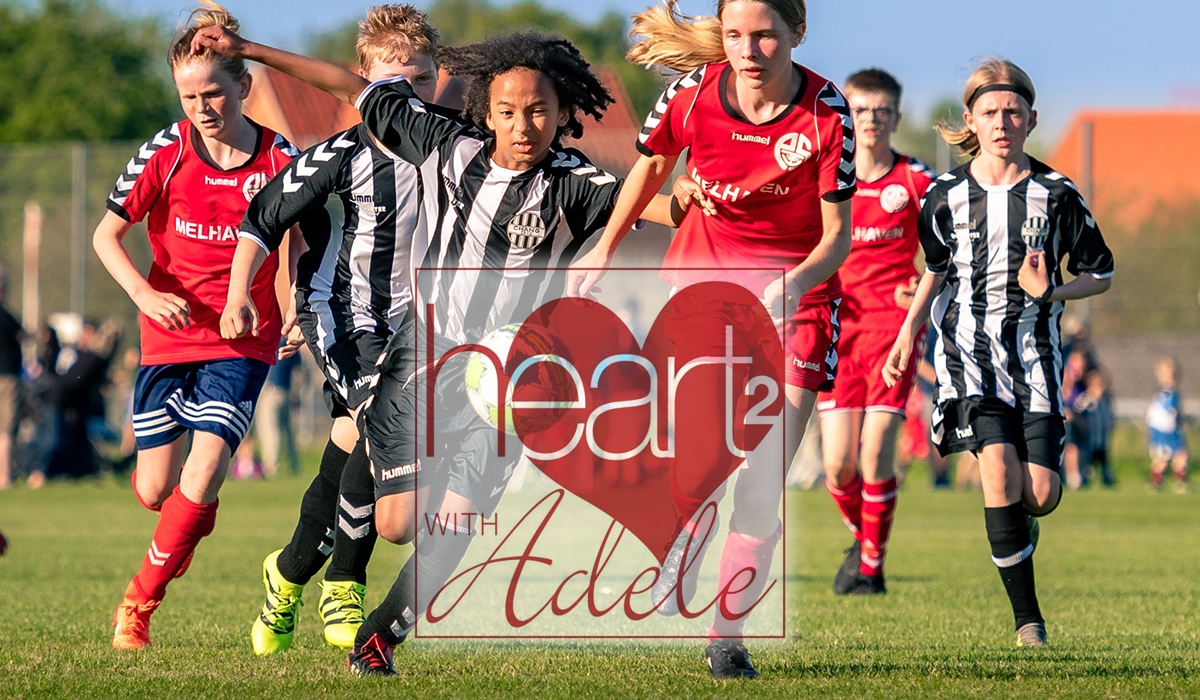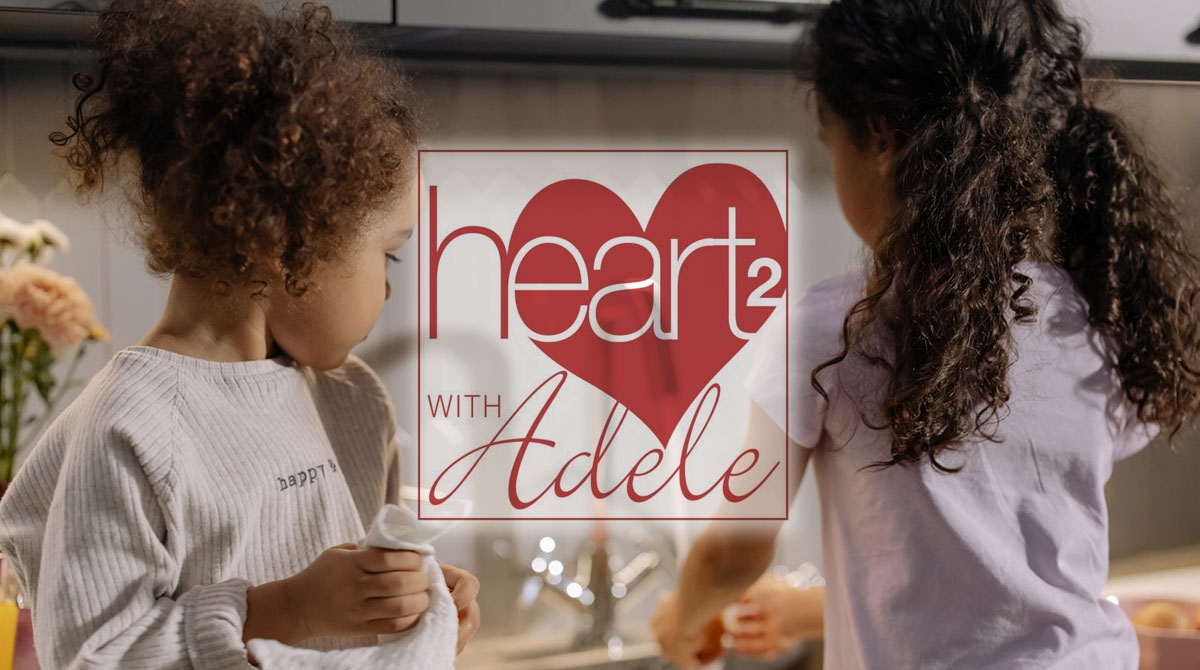
Does ‘birth order’ impact a child’s character and personality development
Dear Adele,
We have three little munchkins who are as different as night, dawn and day. Sometimes we wonder how they could all the been produced by the same parents, from the same gene pool. I have heard that birth order affects personality development and other traits of an individual. Do you think there is any truth in the ‘Birth Order’ theory? Many thanks.
Searching for Answers
Dear Searching for Answers,
Hartmann and Goudaizi state in a Scientific American article entitled ‘Does Birth Order affect Personality?’ that the research on birth order is over 100 years old and started in Freudian psychoanalytic theory by psychotherapist Alfred Adler. We are getting close to truths in our understanding of the impact of birth order but it is not yet fully comprehended how that variable impacts a child’s development and adult traits, if at all.
According to Jocelyn Voo, in ‘Your guide to sibling personality differences’, there is a link between a child’s position in his/her family and his/her behavior and personality. Dr. Kevin Levin also believes that personality differences lie in birth order and how parents treat children, based on their birth order. Meri Wallace, family therapist, supports this view and suggests that the actual position of the child in the family has unique challenges to that spot.
The theory holds that the personalities of first-borns are more like adults. They tend to be hard working, seek to excel, demonstrate reliability and conscientiousness, and are structured, cautious, controlling and achievement orientated. First-borns have advantages in the family in that they get more attention and time from their parents, are read to more frequently, get higher educations, score higher on IQ tests and often overachieve.
According to Derek Thompson in “Why First-Born Children are Better Leaders” first-borns are 30 per cent more likely to be CEOs or politicians. They tend to make more money, have higher IQs and spend more time with homework than television. A more recent study based on Swedish data finds that “first-borns aren’t just healthier or smarter but also they score higher on emotional stability, persistence. social outgoingness, willingness to assume responsibility, and ability to take initiative.” The researchers ruled out genetic factors. On the negative side, firstborns tend to have type A personalities, an enhanced fear of failure, less flexibility, a tendency to be bossy, and are sometimes given too much responsibility.
Middle children are often raised less strictly and get less attention from their parents because parenting time is divided among the number of children in the family. They tend to be people pleasers, rebellious, peacemakers and have large social circles with many friendships. Middle children are good at negotiation and compromise, score highly on agreeableness tests and are less tethered to siblings, moving easily to bonded friendships with nonbiologically related persons. Sometimes a middle child may feel that he/she is second best to the oldest child or the baby in the family. He/she can feel undervalued. He/she usually receives less parental attention. Finally, it is easy for him/her to feel left out or lost in the shuffle of many siblings in a larger family.
Youngest children or babies in families tend to be fun-loving, uncomplicated, manipulative, self-centered and attention seekers. Their social personalities are outgoing and strong. They are agreeable, adventurous and risk takers. They are challenged by the fact that nothing they do may seem important or new to their parents. They are often coddled around chores and rules and are the least likely to be disciplined.
Only children tend to be mature, perfectionistic, conservative, diligent, intellectual, responsible and leaders.
So goes the theory.
According to Ralph Hertwig, a Berlin psychologist and Spanish collaborator Thomas Lejarrago,“there seems to be a growing consensus that birth order does not influence personality in a way that can be measured in adulthood.”
Frank Sulloway, author of ‘Born to Rebel’, suggests there is lots of evidence against the ‘Birth Order’ theory. It seems that more recent studies are larger, with better statistical methods. He says that differences in children’s’ personalities, and character based on birth order have not been found.
At 2015 study by Rodica Damian, a University of Houston psychologist, studied 377,000 high school students. She states that first-borns tend to enjoy a small IQ advantage, tend to complete higher levels of education and get more undivided attention from their parents. They are overrepresented in traditional careers of medicine and engineering but “the importance that is generally attached to sibling position in shaping one’s character is exaggerated”.
Psychologist Julia Rohrer of the University of Leipzig, in Germany studied over 20,000 individuals, trans nationally and did not find any systematic differences based on birth order. Separating causal features as determinants of personality and character traits was difficult. Factors such as family size and socioeconomic status may be of equal or greater importance than birth order, in her opinion.
Stephan Schmuckle a German psychologist did a 2015 transnational study and determined that birth order did not alter openness, conscientiousness, extroversion, agreeableness or neuroticism traits. Both Damian and Schmuckle found that parents provide more mental stimulation to firstborns and that the birth order affected scores on IQ tests by only a point or two.
Damian says that the ‘Birth Order’ theory is a zombie theory which lurches forward repeatedly despite evidence against it. Once a zombie theory is accepted, it is very hard to let it go, she says. In her mind, better methodology is resulting in different conclusions in modern studies of this subject.
So there, Searching for Answers, is a hot-off-the-press researched answer.
In my experience, children arrive with a lot of who they are, and parents merely bring it out in them, the positive and the negative, by the way they and the world deal with them. Do your best to give each of your children unconditional love, plenty of stimulation and opportunity, and they should happily become who they were meant to be.
Sincerely, Adele
I'm looking forward to your questions! Email me at maryadeleblair@gmail.com and please put Heart to Heart in the subject line. Note that all columns will remain anonymous.
Photo: Kelly Sikkema, Unsplash








